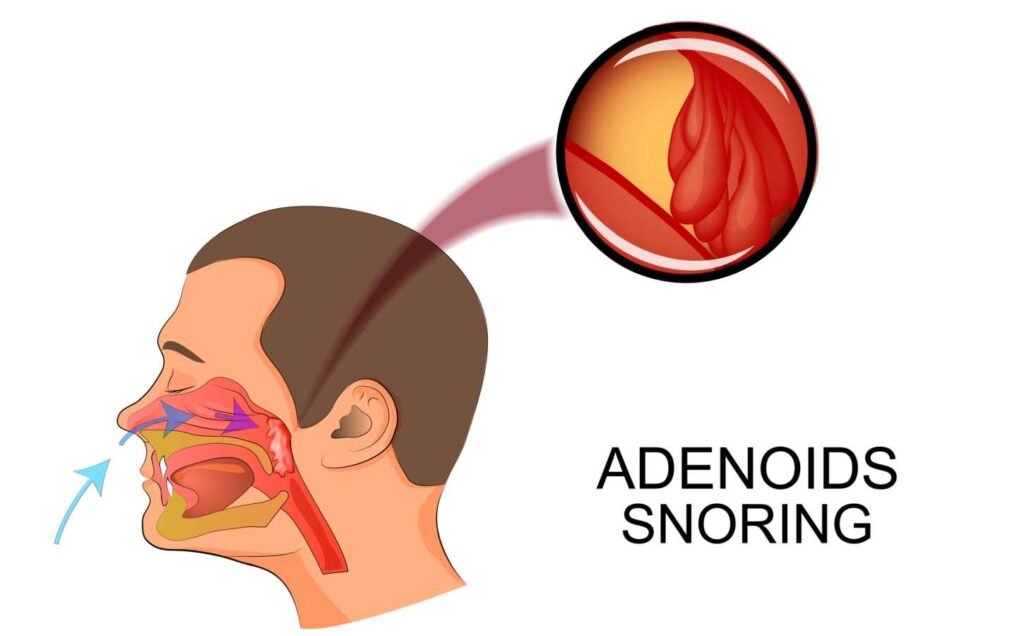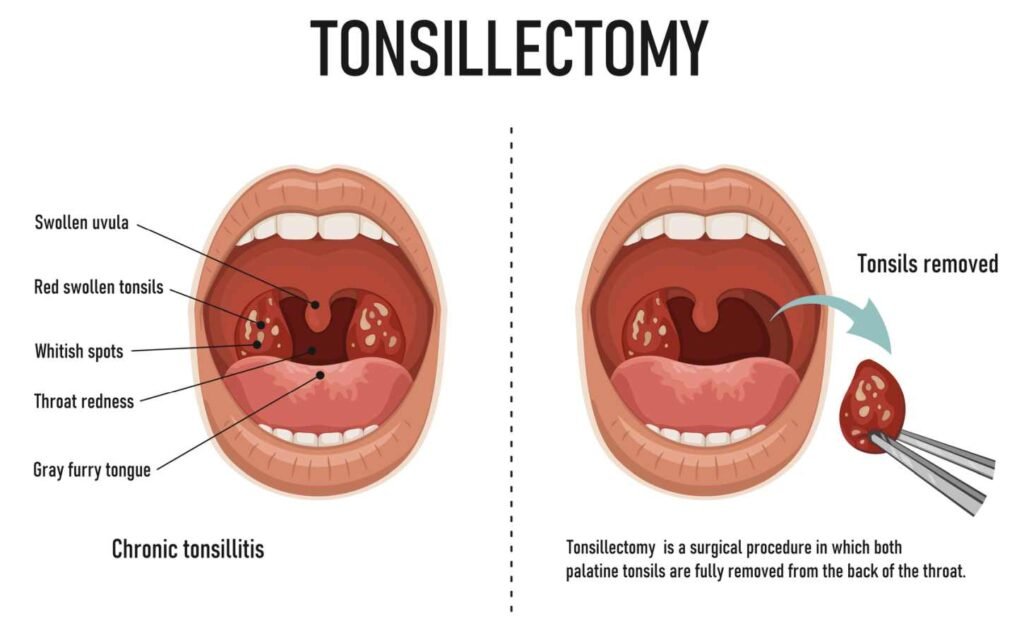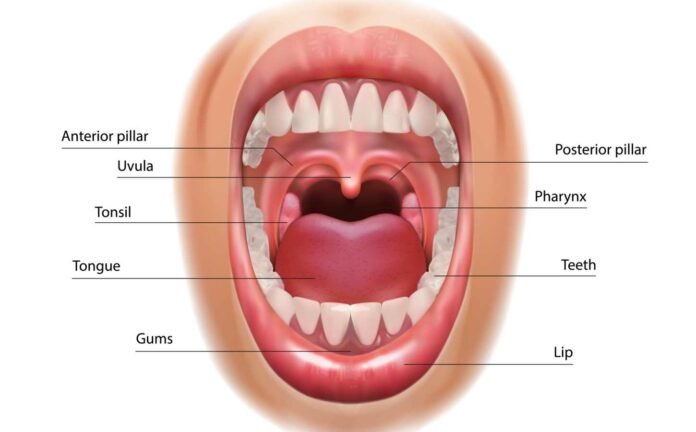Uvulopalatopharyngoplasty, commonly referred to as UPPP, is a surgical procedure used to treat obstructive sleep apnea.
Sleep apnea is a serious condition that affects millions of people worldwide and can lead to a variety of health complications if left untreated. UPPP is just one of several surgical options available to treat this condition.
During the Uvulopalatopharyngoplasty procedure, the surgeon removes excess tissue from the throat, including the uvula, tonsils, and part of the soft palate. This helps to widen the airway and reduce the frequency and severity of apnea episodes. While Uvulopalatopharyngoplasty has been shown to be effective in many cases, it is not a guaranteed cure for sleep apnea and may not be appropriate for everyone.
If you are considering Uvulopalatopharyngoplasty as a treatment option for sleep apnea, it is important to speak with your doctor and carefully weigh the potential risks and benefits. While the procedure can be effective in reducing symptoms, it is still a surgical intervention and carries some degree of risk. Additionally, some patients may not experience significant improvement in their sleep apnea symptoms after undergoing Uvulopalatopharyngoplasty.
Understanding Uvulopalatopharyngoplasty
Anatomy and Physiology
Uvulopalatopharyngoplasty (UPPP) is a surgical procedure that is performed to treat obstructive sleep apnea (OSA) by removing excess tissue from the throat. The procedure involves the removal of the uvula, a portion of the soft palate, and the tonsils if necessary. The surgery is performed under general anesthesia and typically takes 1-2 hours to complete.
The uvula is a small, fleshy, teardrop-shaped piece of tissue that hangs from the middle of the soft palate. The soft palate is the soft tissue at the back of the roof of the mouth. The tonsils are located in the back of the throat, on either side of the uvula. In patients with OSA, these tissues can become enlarged and obstruct the airway during sleep, leading to snoring and interrupted breathing.
Indications for Surgery
UPPP is typically recommended for patients with moderate to severe OSA who have not responded to other treatments, such as positive airway pressure (PAP) therapy. PAP therapy involves wearing a mask over the nose or mouth during sleep, which delivers a continuous stream of air to keep the airway open.
Patients with mild OSA or less daytime sleepiness may not be good candidates for UPPP. Additionally, patients who are unable to tolerate general anesthesia or who have certain medical conditions may not be able to undergo the procedure.
Procedure Overview
During UPPP, the patient is placed under general anesthesia, and the surgeon makes incisions in the soft palate and uvula. The excess tissue is then removed, and the remaining tissue is repositioned and stitched in place. In some cases, a uvulopalatal flap may be created to help reduce the risk of complications.
After the surgery, patients may experience pain and swelling in the throat, and may need to follow a soft food diet for a few days. Most patients are able to return to normal activities within 1-2 weeks, although it may take several weeks to fully recover.
UPPP is generally considered safe and effective for treating OSA, although there is a risk of complications, such as bleeding, infection, or airway obstruction. Patients should discuss the risks and benefits of the procedure with their doctor before deciding whether to undergo surgery.
Postoperative Care and Considerations
Recovery and Management
After uvulopalatopharyngoplasty (UPPP), patients should expect some discomfort and pain in the throat. Pain medicines will be prescribed to manage the pain. Patients may also experience some swelling in the throat, which can be managed by placing ice packs on the neck area. Soft foods are recommended for the first few days after surgery to avoid irritating the throat.
Activity should be limited for the first week after surgery. Patients should avoid strenuous activities and heavy lifting during this time. Sleeping with the head elevated can also help reduce swelling and discomfort.
Potential Complications
As with any surgery, there are potential complications associated with UPPP. Bleeding and infection are possible, but rare. Patients should watch for signs of bleeding, such as coughing up blood or bright red blood in the saliva. If these symptoms occur, patients should contact their doctor immediately. Signs of infection include fever, chills, and increased pain or swelling at the surgical site.
Scar tissue may develop after surgery, which can cause difficulty swallowing or a sore throat. Blood clots are also possible, but rare.
Long-Term Outcomes
UPPP can have many benefits, including less daytime sleepiness, weight loss, reduced snoring, and improved quality of life. However, patients may experience some side effects, such as voice changes and mental health issues.
Follow-up care is important after UPPP. Patients should attend all follow-up appointments and follow their doctor’s instructions for recovery and management. Pain medicines should be taken as prescribed, and any concerns or questions should be addressed with the doctor.
Related Surgical Procedures to Cure Sleep Disorders
Adenoidectomy: Procedure, Recovery, and Risks

Adenoidectomy is a surgical procedure performed by an otolaryngologist to remove the adenoids, which are small glands located at the back of the nasal cavity.
Adenoids are small glands located at the back of the nose, just above the tonsils. They are part of the immune system and help to fight off infections that enter the body through the nose. Adenoids are most active during childhood and tend to shrink in size as a person grows older.
Continue reading: Adenoidectomy: Procedure, Recovery, and Risks
Tonsillectomy: Procedure, Recovery, and Risks

Tonsillectomy is a surgical procedure that involves the removal of the tonsils. The tonsils are two small glands located at the back of the throat. The purpose of tonsillectomy is to relieve symptoms and improve the overall health of the patient. The surgery is usually performed on an outpatient basis and can be done under local or general anesthesia.
Continue reading: Tonsillectomy: Procedure, Recovery, and Risks



